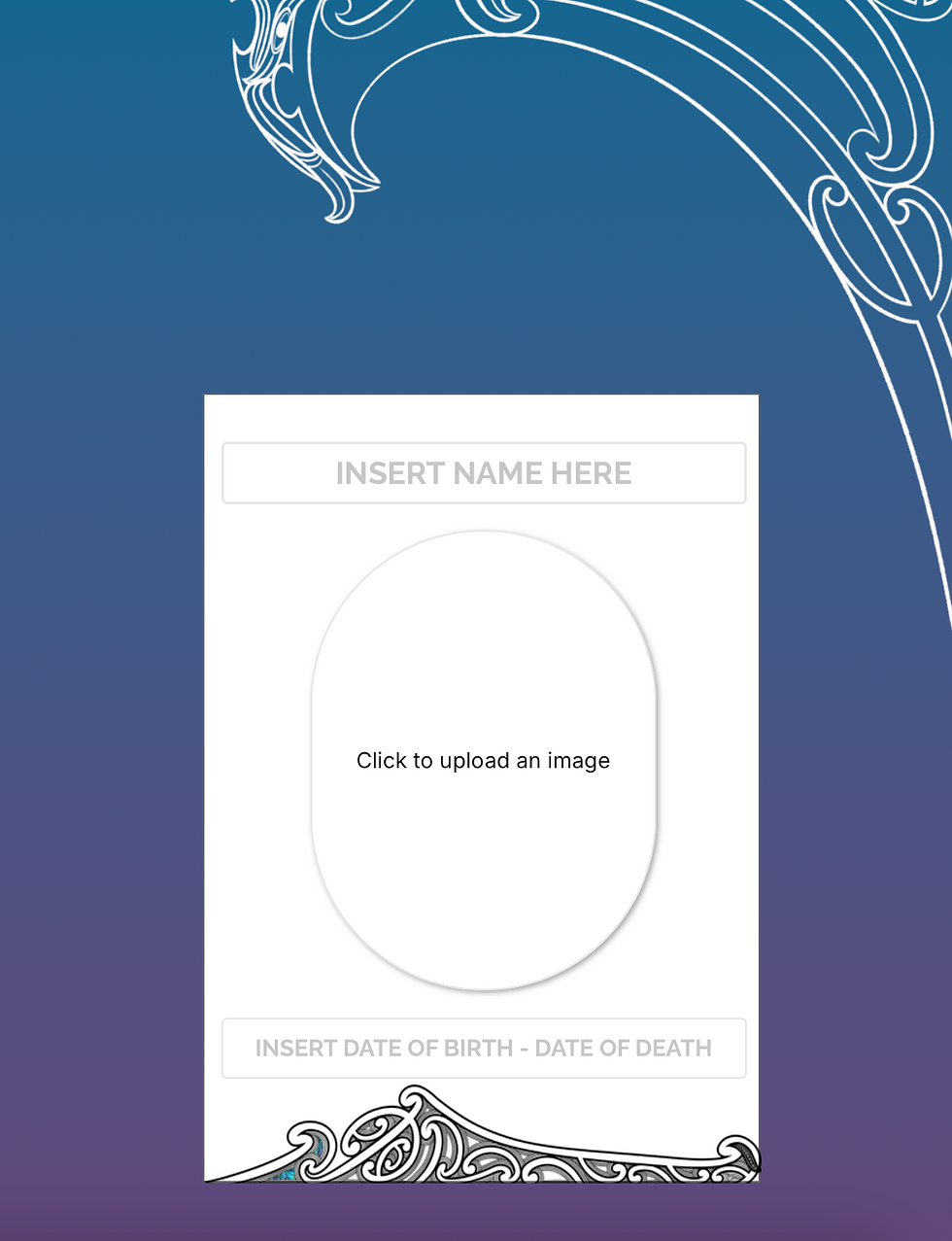End-of-Life Planning: He aroha te aroha pukapuka
- Julie Herewini
- Apr 16, 2025
- 2 min read
Updated: May 6, 2025
End-of-life planning can be a sensitive and challenging process, especially when it comes to honoring the cultural traditions and values of your loved ones. For whānau Māori, the concept of tangihanga holds significant cultural and spiritual importance, encompassing rituals and customs that pay respect to the deceased and provide comfort to the grieving family.

Planning for the loss of a loved one is a deeply personal and often challenging journey. To support whānau Māori in navigating this process, a new resource has emerged that focuses on comprehensive end-of-life planning. This resource encourages whānau to think about essential elements such as wills, Enduring Powers of Attorney, funeral planning, and organising their affairs. With stunning Māori graphic design elements, this resource is tailored to resonate with the cultural values and traditions of the Māori community.
Key Features of the Resource
Will Planning: Guidance on creating a will and establishing an Enduring Power of Attorney to ensure that your wishes are respected.
Funeral Planning: Tools and templates to help whānau plan a tangihanga that reflects the life and values of the deceased.
Bucket List Creation: Encouragement to document experiences and wishes that can be fulfilled, celebrating life and legacy.
Affairs Organisation: Checklists and tips for getting personal affairs in order, making the transition smoother for whānau.
Culturally Relevant Design
One of the standout aspects of this resource is its stunning Māori graphic design elements. These visuals not only enhance the aesthetic appeal but also ensure that the content resonates culturally with whānau Māori. The incorporation of Māori design elements, whakatauki and color creates a sense of connection and belonging, making the planning process feel more personal and meaningful.
Empowering Whānau Through Engagement
This resource emphasises whānau engagement and collaboration. It provides a platform where families can come together to discuss and share their thoughts. By fostering an environment of support and shared responsibility, whānau can navigate the complexities of end-of-life planning with greater ease and understanding.
The Importance of Culturally Sensitive Resources
In a time of grief, having access to culturally relevant resources can significantly alleviate the stress associated with planning for a funeral. This end-of-life planning resource not only simplifies the process but also serves as a meaningful way to honor and remember loved ones. It empowers whānau to create a farewell that reflects the unique personality and legacy of the deceased.


Comments